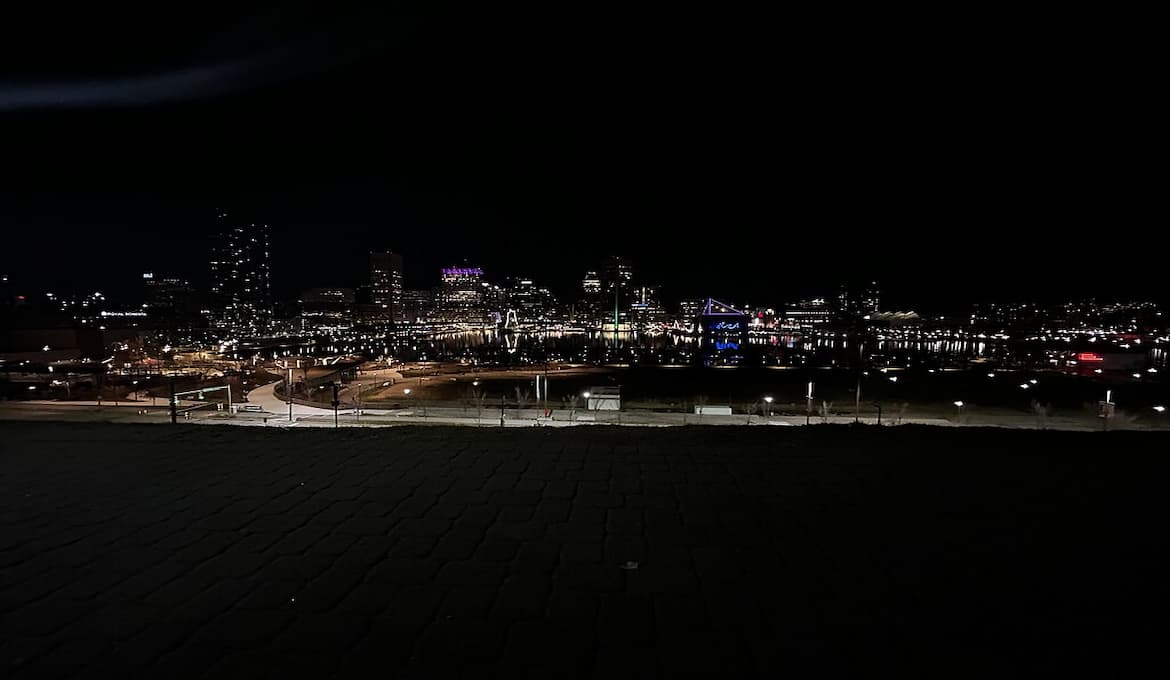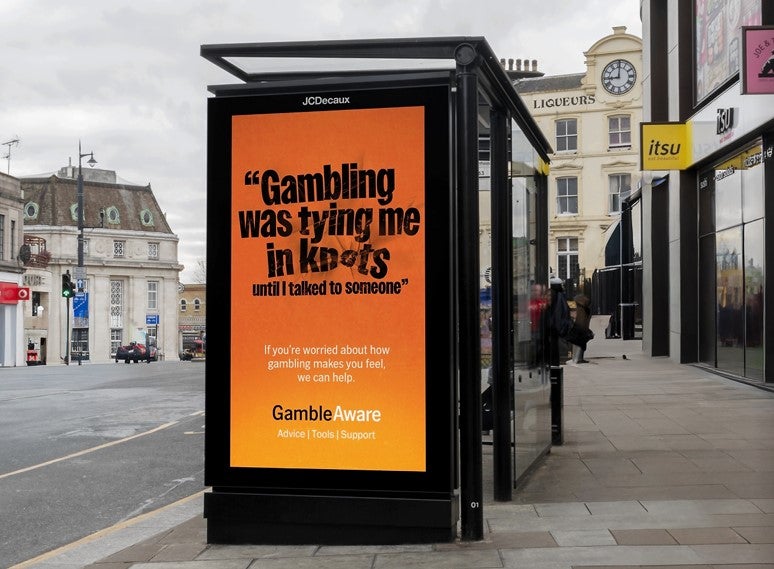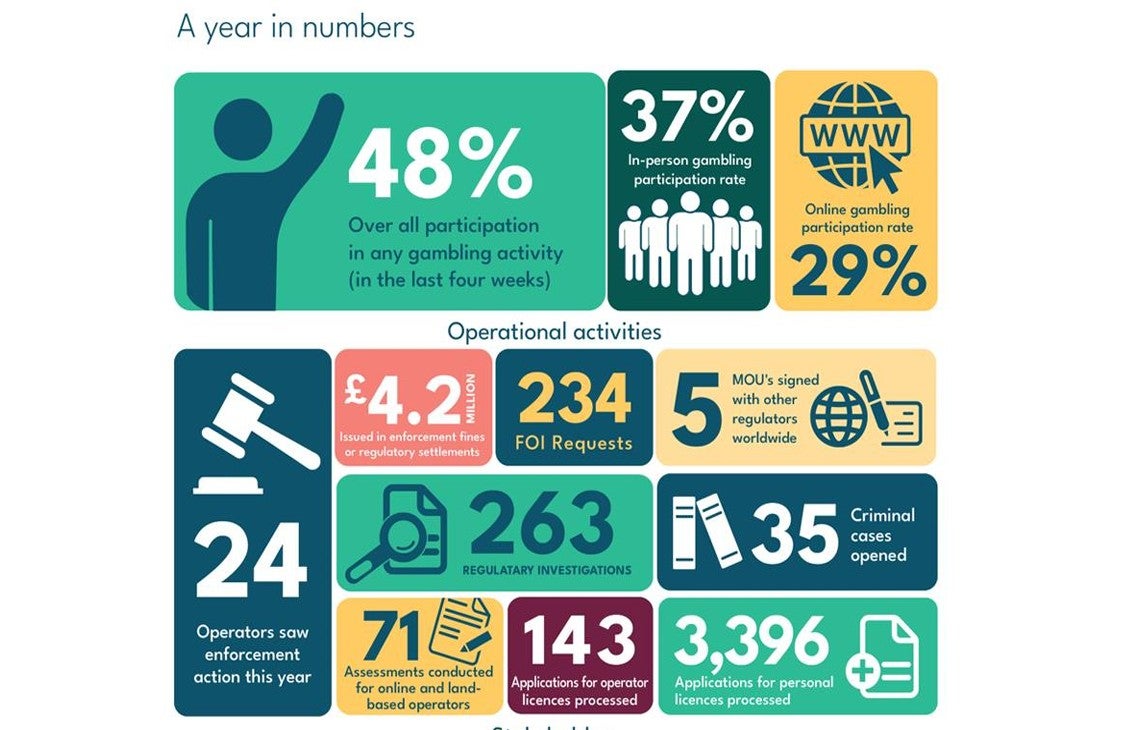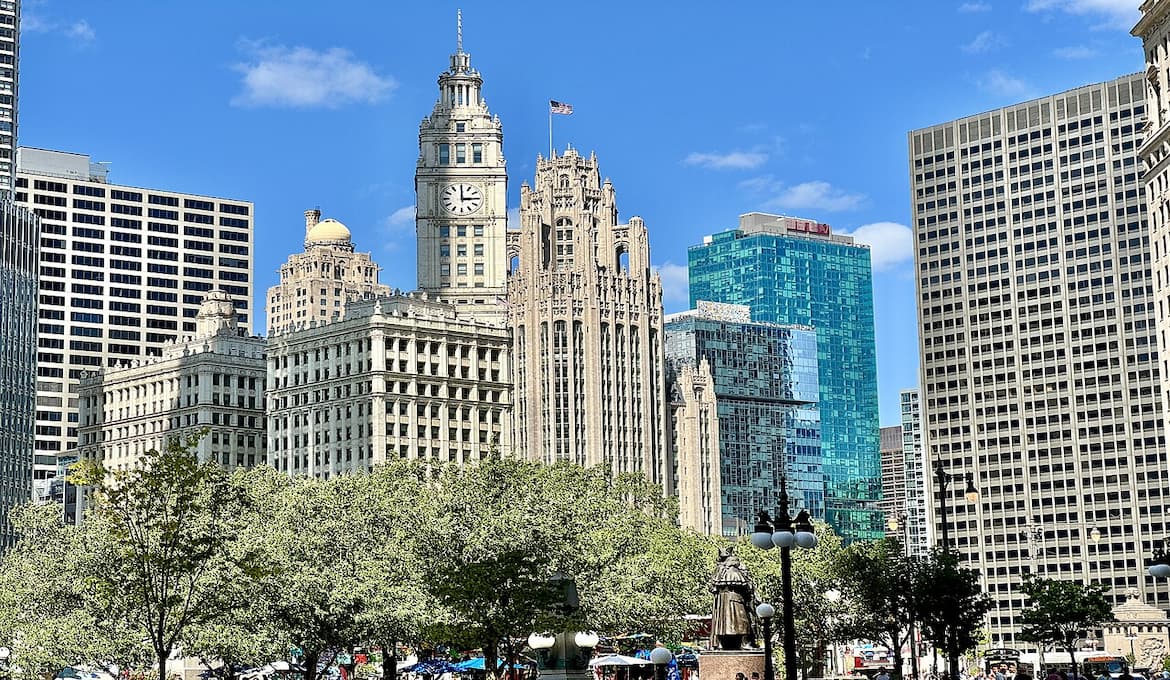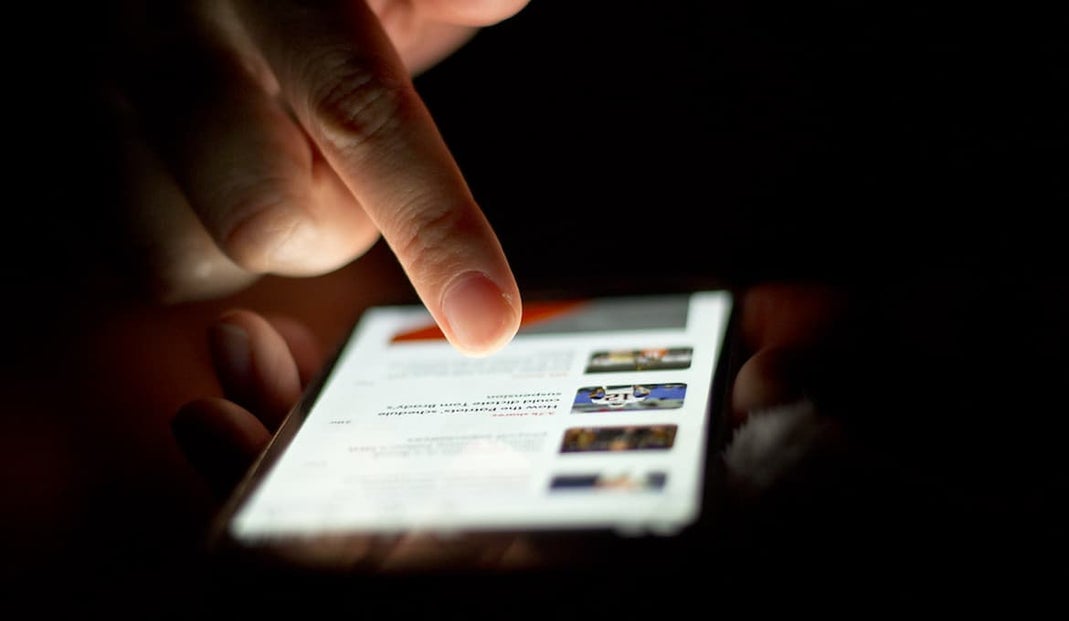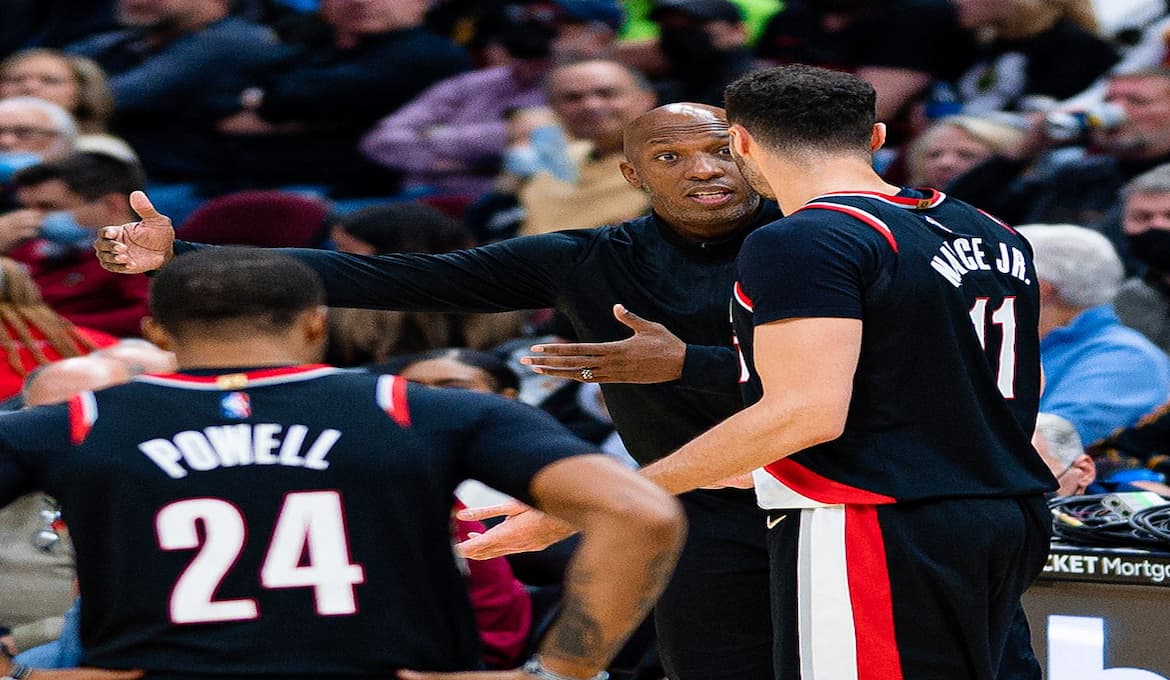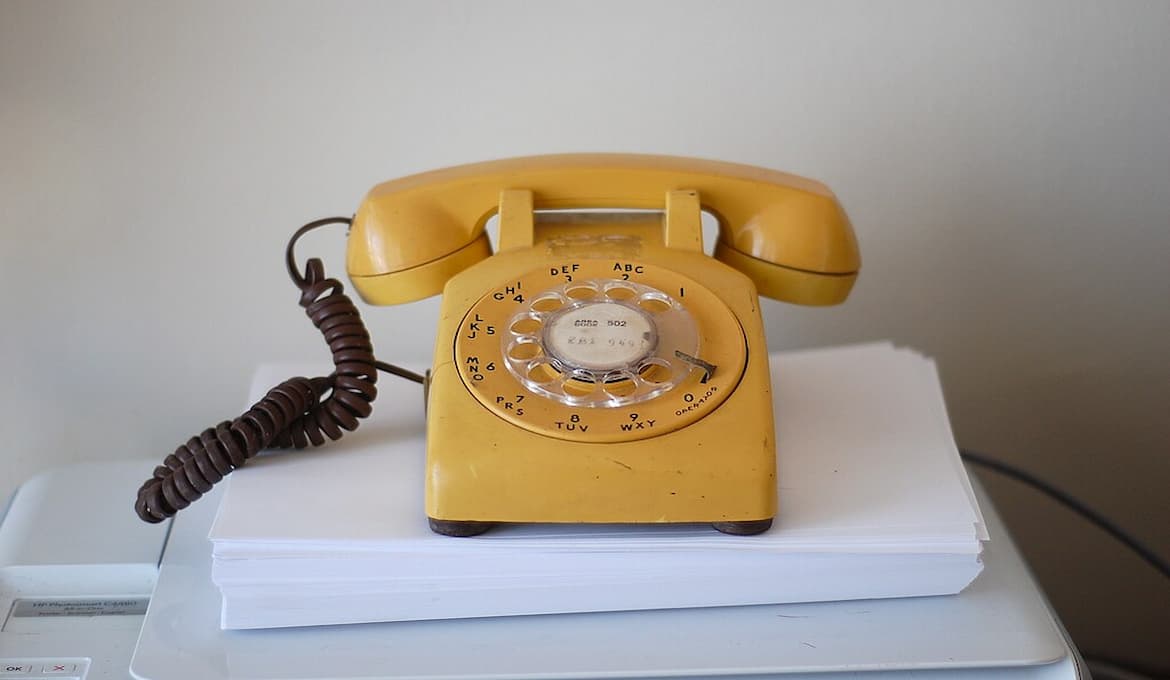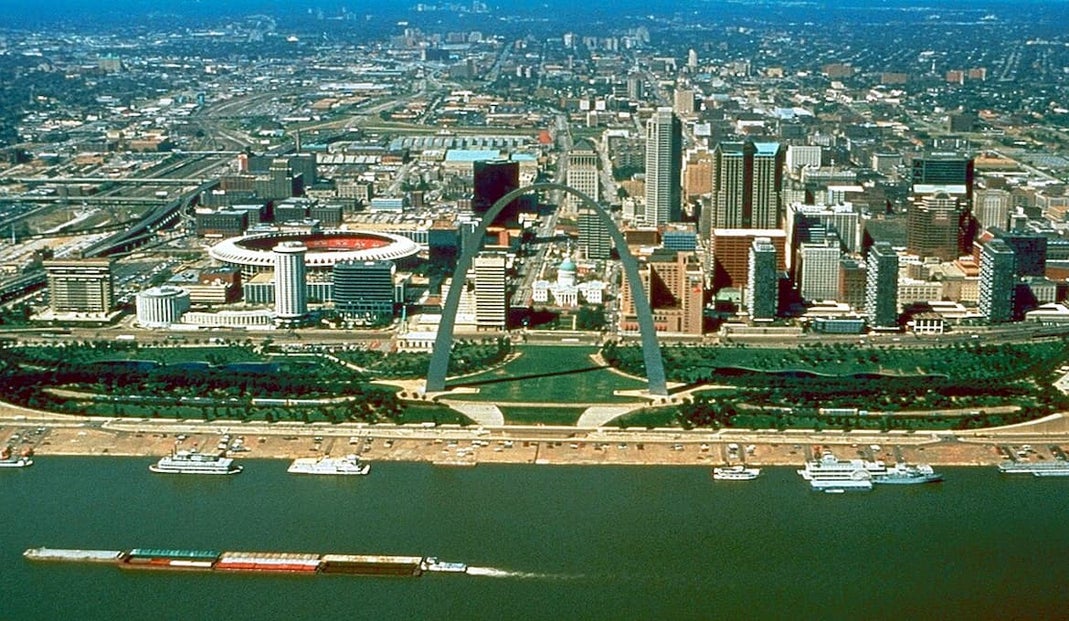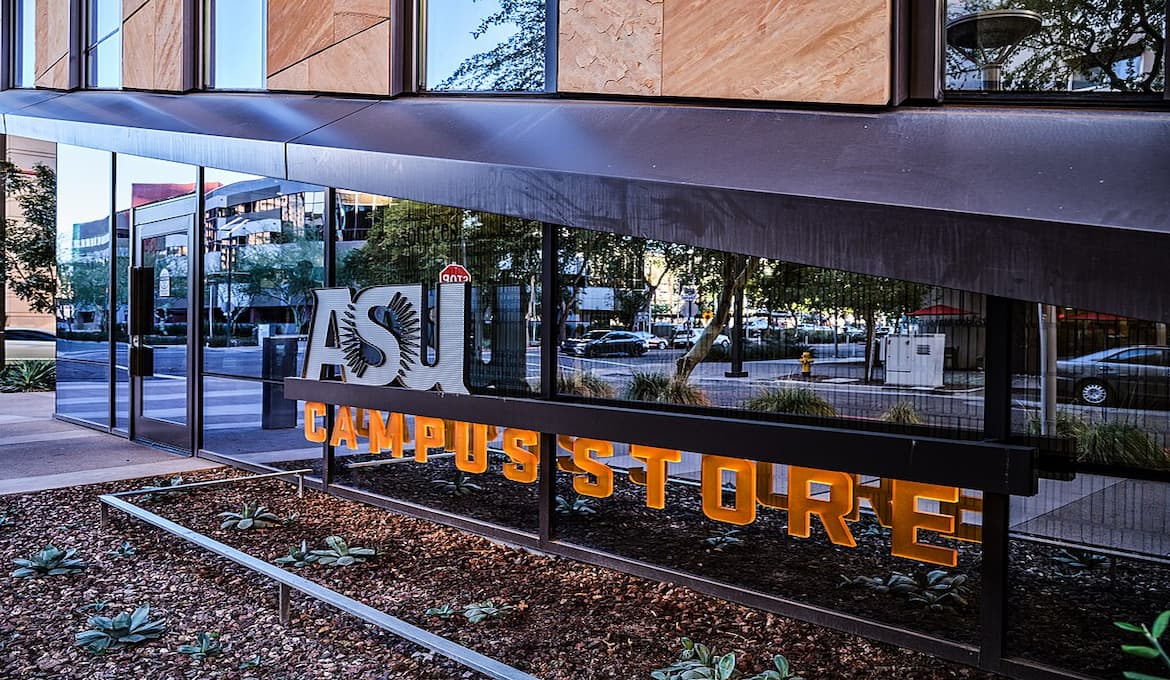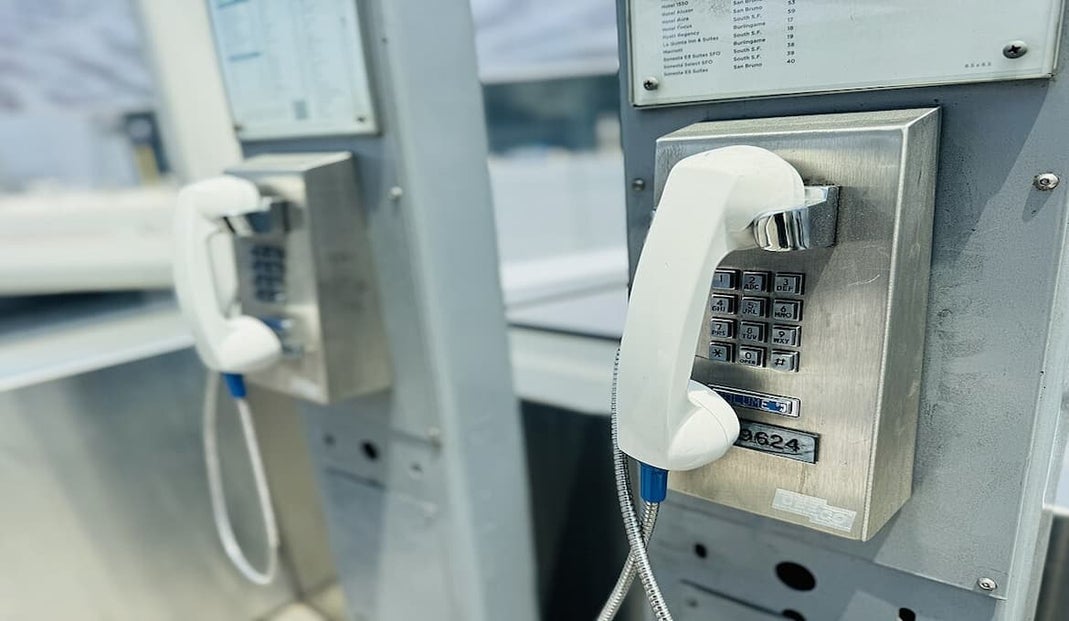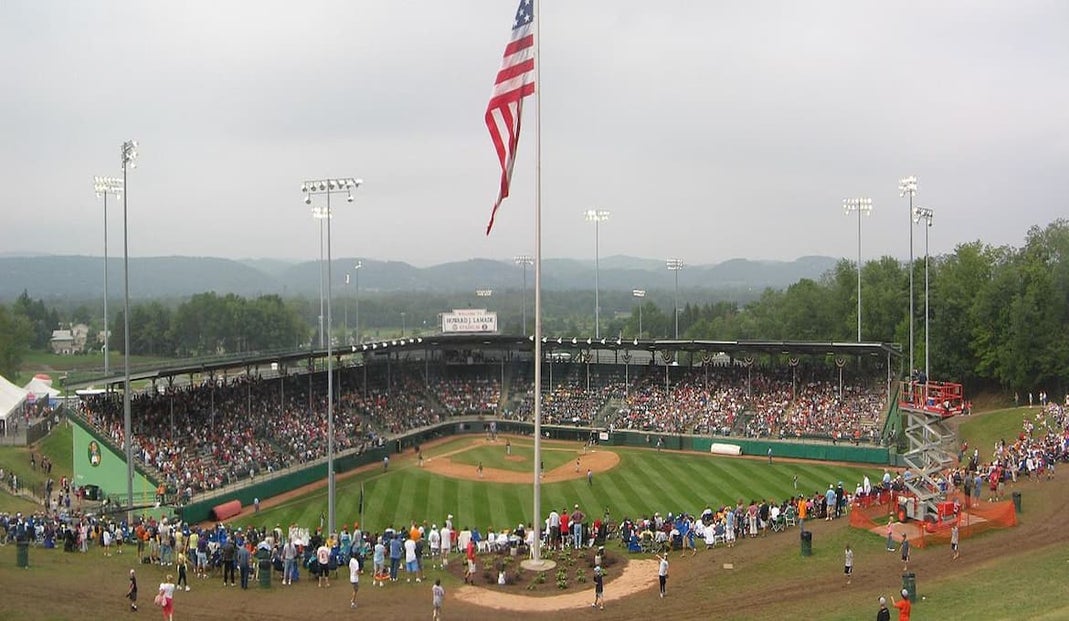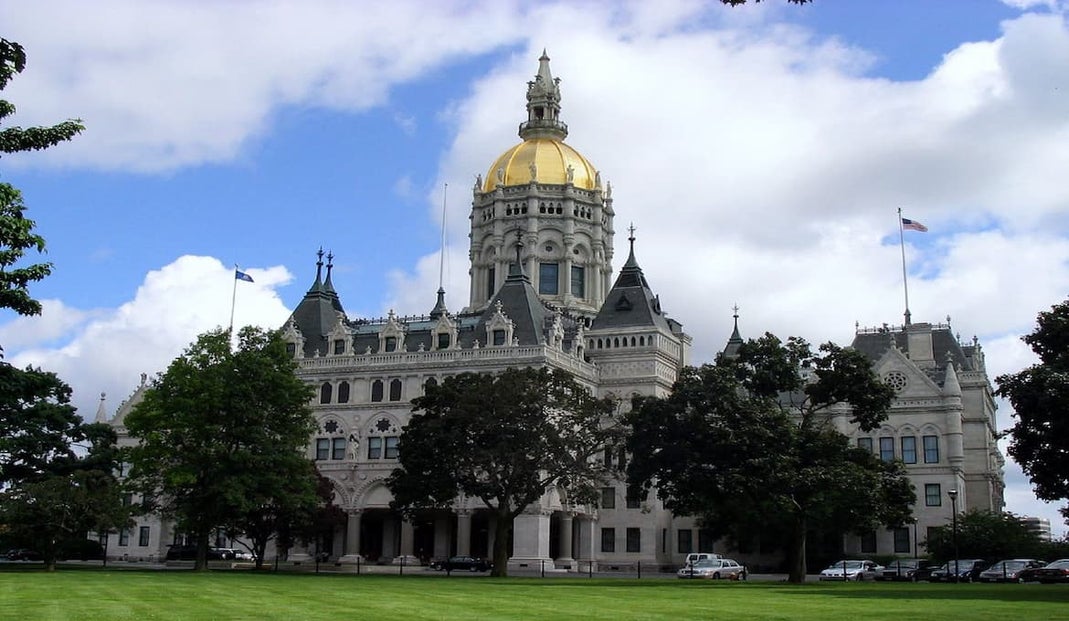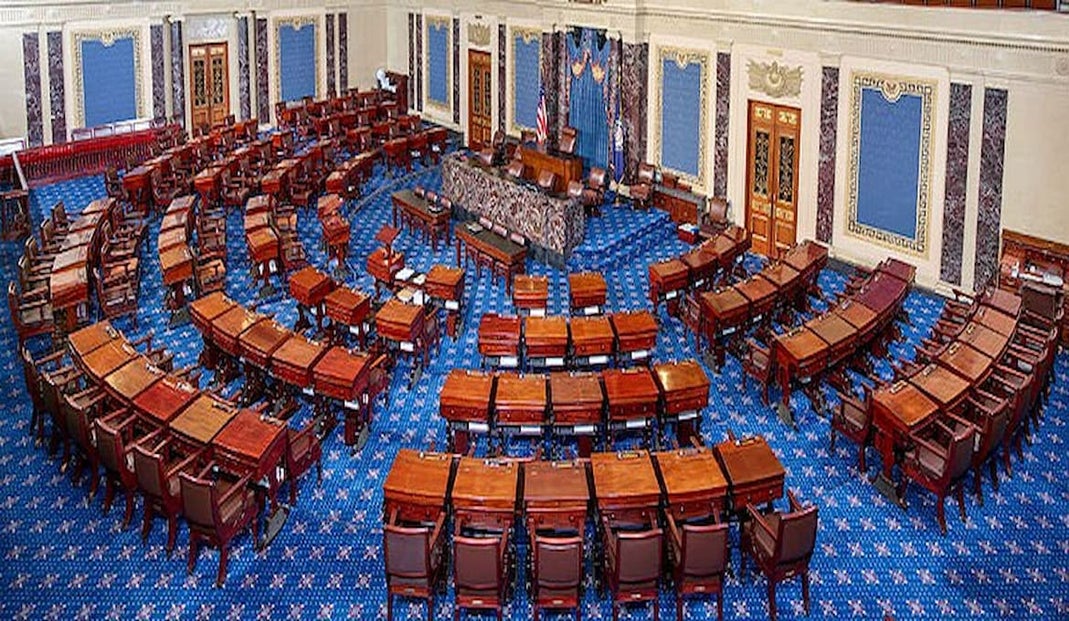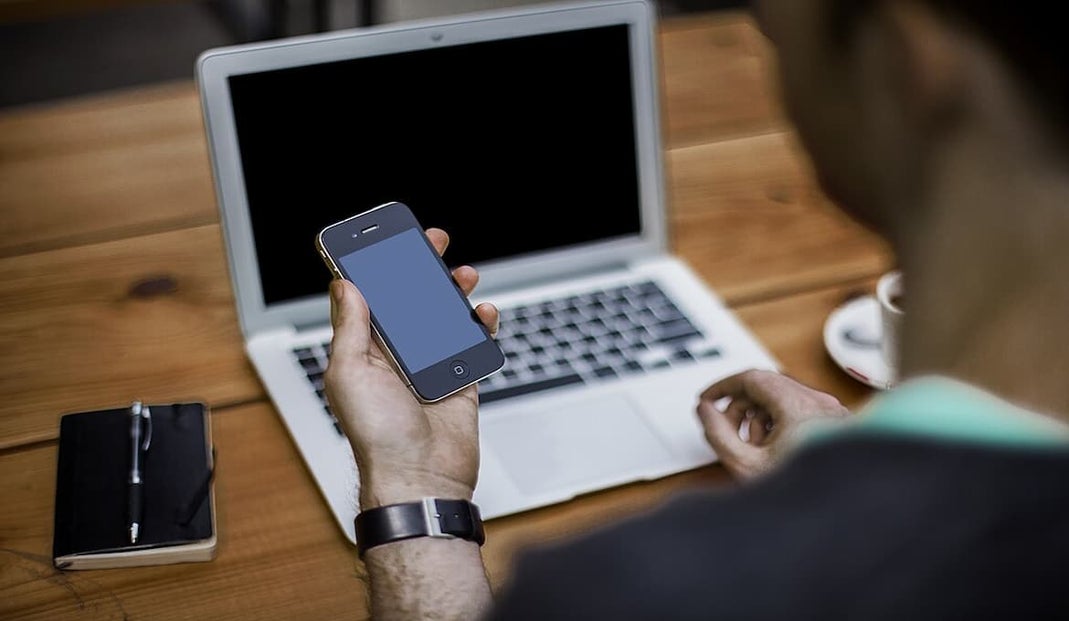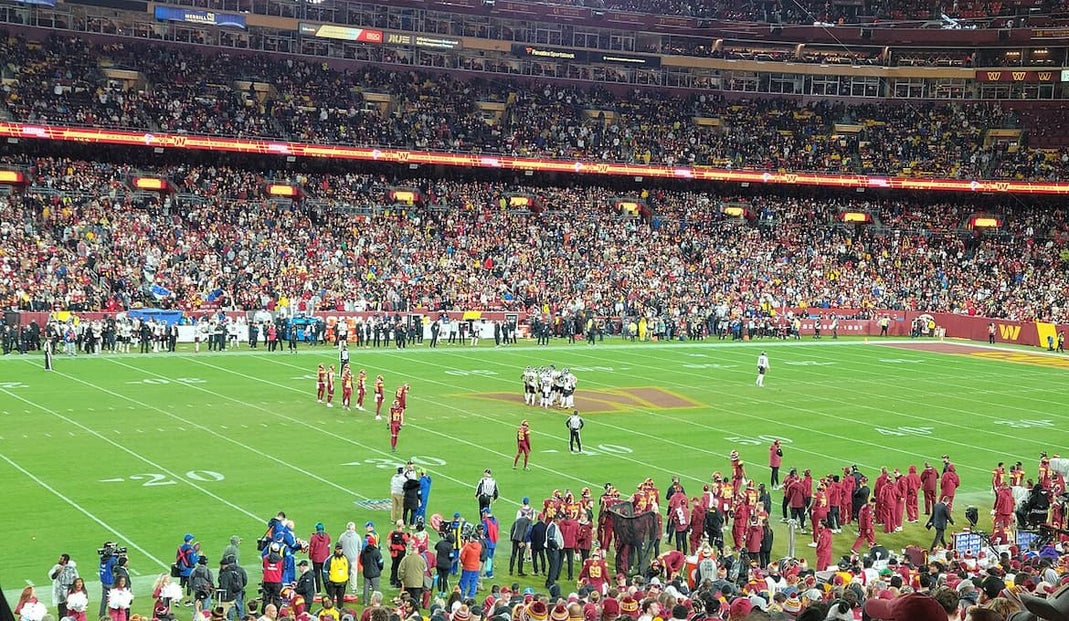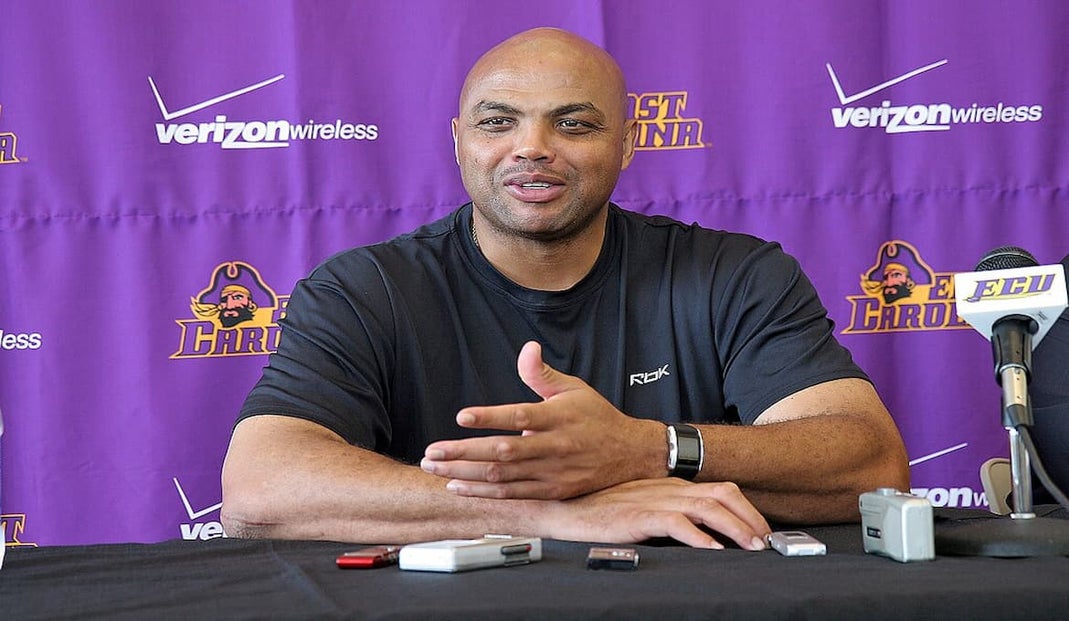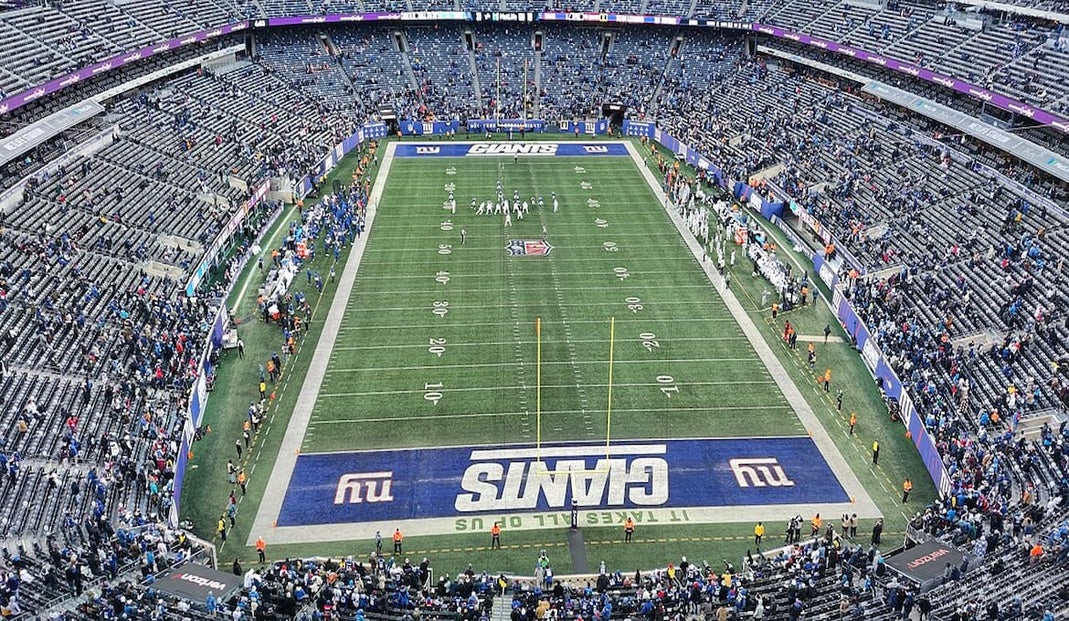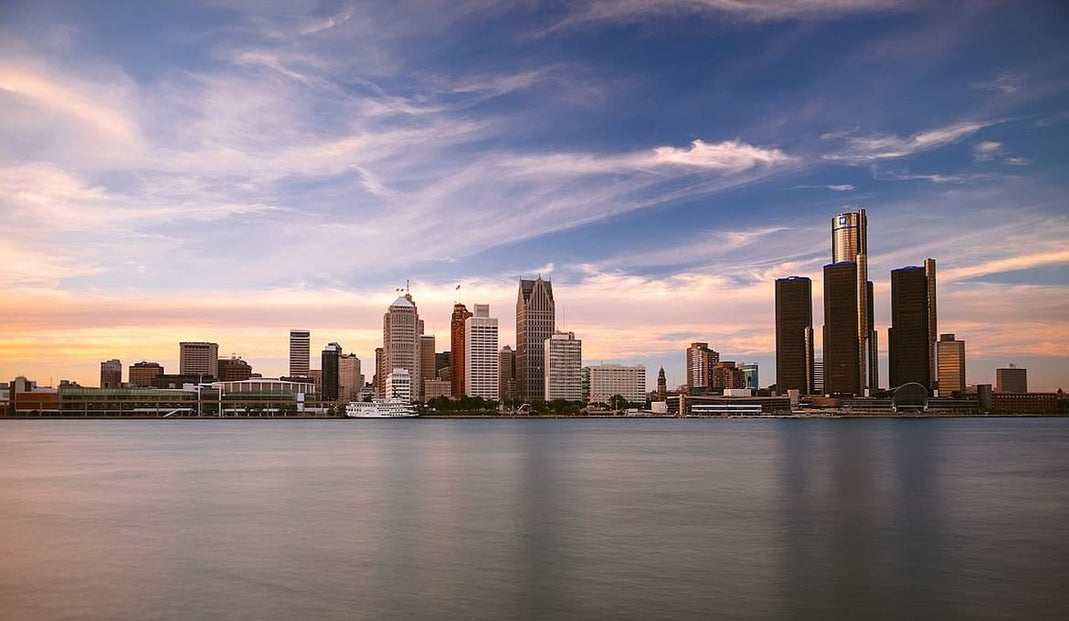Problem Gambling Resources See Uptick
Groups that deal with problem gambling in the state were not surprised to see the results of the recent study. Several have reported an uptick in calls and requests for help, showing that the problem is far from under control.
The recent study found that 13% of residents with a history of problem gambling have sought help. That is an increase of 7.5%, which was likely driven by the launch of legal online sports betting.
Around 66% of all respondents confirmed they were aware of problem gambling resources through advertisements on TV, billboards, radio, etc.
Sports Betting May Be the Smallest Issue
The legalization of sports betting has led to increases in problem gambling, but the Maryland study showed the industry may not be the driving force behind it.
All respondents were asked which types of gambling they had ever participated in, and only 29% of them included sports betting. By comparison, 89.8% said they played the lottery, and 72.8% have used casinos. Even private games for money (i.e., private fantasy leagues, poker games) saw more action than sports betting, with 36.7% of respondents confirming their participation.
The study did find that around 13% of Maryland sports bettors meet the qualifications for problem gambling.
Black and Hispanic Residents Suffering the Most
One of the most interesting findings from the Maryland study was that non-white populations were feeling the effects of problem gambling the hardest. It found that over half of the people suffering from the issue were black.
The Hispanic population was also hit hard, with 8.8% qualifying. By comparison, the non-Hispanic respondents only had 5.5%.
Given that these populations also have a higher poverty rate, the damage done by problem gambling can be far more devastating. Resources can also be more limited, with many unable or unwilling to find help.


